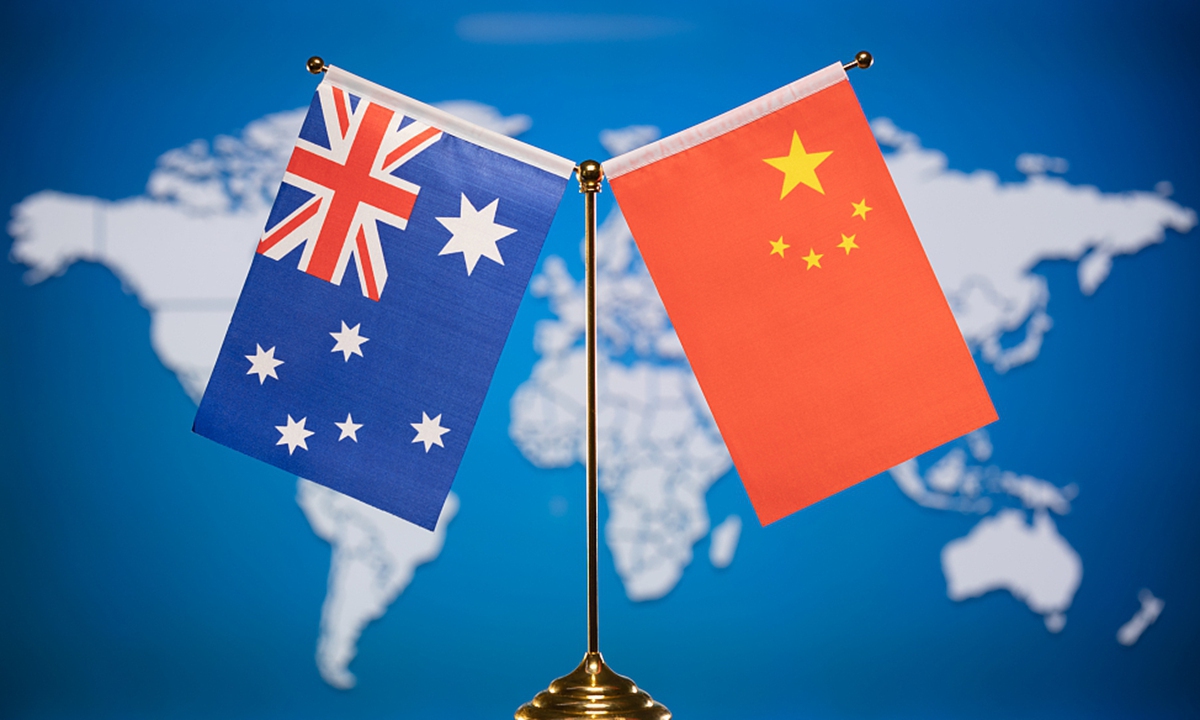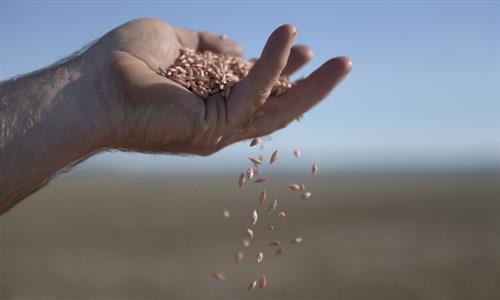Exclusive: Australian lobsters and wine to China likely to resume as relations warm up: industry insiders

China Australia Photo: VCG
Exports of more Australian goods to China have resumed or soon will amid the continuous thawing of bilateral relations after Australian Prime Minister Anthony Albanese's recent China visit, which injected new impetus into his country's relations with China, its largest trading partner.
Following the resumption of Australia's barley exports to China in October, which was a fresh sign of improved trade ties, more Australian exports to China such as lobsters and wine are likely to resume, industry sources told the Global Times on Wednesday.
China resumed imports of Australia's barley in October, with the amount reaching 313,700 tons worth $88.4 million, according to data released by the General Administration of Customs on Monday. It was the first batch of imports in more than three years after China imposed anti-dumping and countervailing tariffs on Australian barley. Those measures ended on August 5.
It's a positive trend, and exports of more Australian products may soon follow, industry insiders said.
"The resumption of Australian lobster imports is likely to happen soon, possibly by the end of this year, as relevant work is already in progress," Fan Xubing, a director with the China Aquatic Products Processing and Marketing Alliance, told the Global Times on Wednesday.
China is the largest export destination for Australia's lobsters, and the trade suspension has significantly affected the lobster-producing region of Western Australia, he said.
China mainly receives live lobsters from Canada and some frozen lobsters from South America, which have a price advantage over Australian lobsters and serve as good alternatives.
Still, Australian lobsters have a market edge since they are mostly used for sushi. Fan said that New Zealand lobsters are similar to Australian ones but the quantity is limited and the prices are slightly higher.
"The restoration of Australian lobster imports will help stabilize market prices and offer consumers more choices," Fan said.
About 95 percent of Australia's A$750 million ($527 million) worth of lobster exports in 2019 went to China, according to media reports.
The Australian lobster trade cooled down due to quality issues detected by Chinese customs. This precautionary measure aimed to ensure the health and safety of Chinese consumers.
Soured bilateral relations amid the previous Morrison government also shattered the confidence of Chinese traders to continue business with the Australian side.
Exports of other Australian products such as beef also made a significant recovery.
From January to September, China imported 169,000 tons of beef from Australia, a year-on-year rise of 26.5 percent, making Australia the third-largest source of beef imports, the Global Times learned from the China Meat Association (CMA) on Wednesday.
The growth reflected multiple factors including the sustained improvement in bilateral economic and trade relations and a recovery in market confidence, a source with the CMA told the Global Times.
With the next federal parliament election scheduled in 2025, Albanese is trying to create favorable conditions for his possible reelection. With that in mind, he is keen on improving and promoting economic and trade relations with China to gain an election edge, Chen Hong, director of the Australian Studies Centre at East China Normal University, told the Global Times on Wednesday.
Albanese's visit to China also came with a very clear motivation, which was to boost Australia's exports to China and revitalize the Australian economy from its current slowdown, Chen said.
"I am confident that before April or May next year, pending trade issues including Australian wine will be resolved with the proactive engagement of the two countries to negotiate and seek proper resolutions," Chen said.
Other issues, such as lobster import suspensions due to food safety concerns, are also likely being addressed, Chen said.
"The previous Australian government politicized these problems, which hindered their resolution… China has its own food safety, hygiene and labeling standards. As long as those national requirements are met, Chinese importers would be happy to resume their businesses with their Australian counterparts," Chen said, stressing the importance for the Australian side to adopt a constructive attitude and work with China jointly to achieve win-win outcomes.


